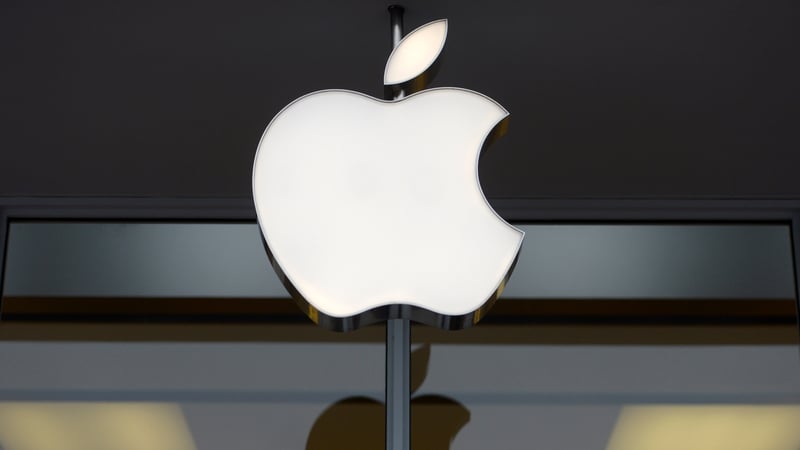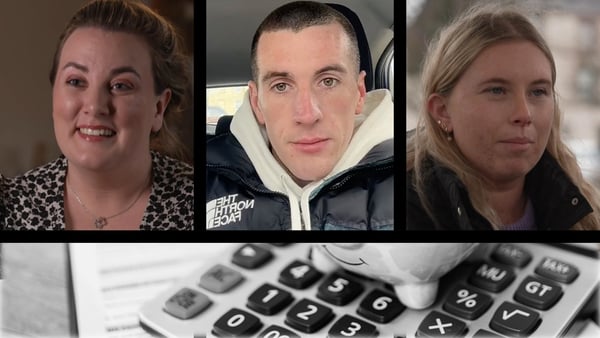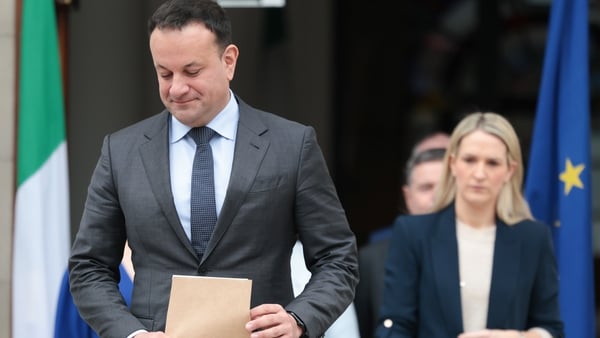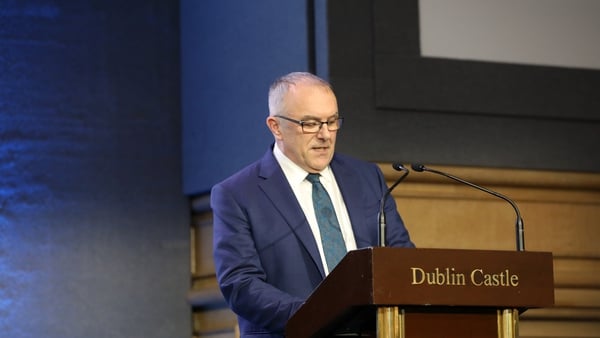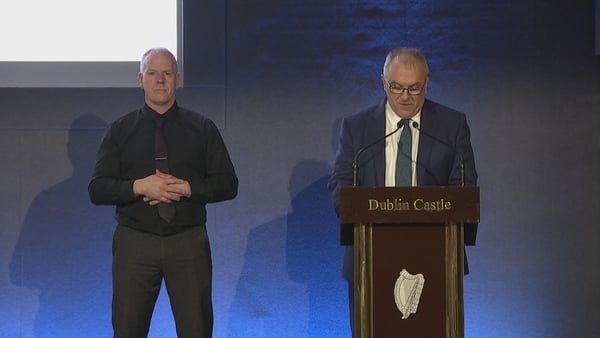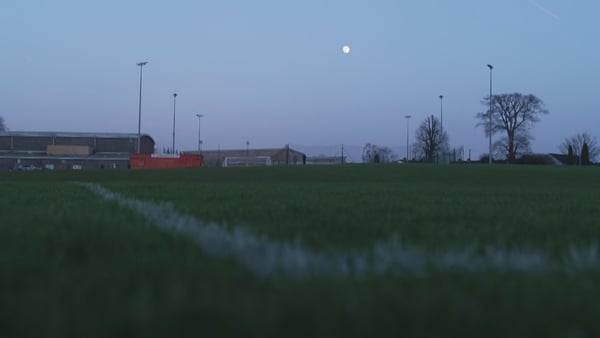The escrow fund that holds €14.3 billion paid by Apple in backdated taxes and interest to the State declined in value by €16 million last year.
Details of the performance of the fund are contained in a Department of Finance submission to the Public Accounts Committee.
Last year, the Minister for Finance Paschal Donohoe said Apple deposited €14.3 billion in disputed taxes into an escrow set up by the Government.
The European Commission ruled in August 2016 that Apple had received unfair tax incentives from Ireland.
The Department of Finance is appealing the EU Commission decision as it rejects the view that there was a "sweetheart deal" in place for Apple.
The escrow fund is predominately invested in short to medium-term sovereign and quasi-sovereign bonds.
The Department of Finance documents point out that: "Over the course of Q2 and Q3 2018, Apple paid the Recovery Amount of €14,285 million into escrow. All income, expenses, gains and losses accrue to the Fund.
"The financial statements set out that the net assets of the Escrow Fund as at 31 December 2018 totaled €14,269 million, representing a decline in value of €16 million."
"This decline in value for the Fund reflects the current negative interest rate environment as illustrated by the consistent negative official ECB Overnight Deposit rate (-0.40%) and negative yields on highly rated euro-sovereign and quasi-sovereign bonds," it added.
The escrow fund is managed by three investment managers, with management and investment oversight jointly through the Investment Committee for the Fund, comprising an equal number of members from the NTMA and Apple.
In a submission to the PAC, the National Treasury Management Agency has pointed out that "2018 was an historic year for markets for all the wrong reasons.
"Every major global index recorded negative returns in 2018, which was exactly the opposite of 2017. The S&P was down 6%, having been up 10% on the year in September," it said.
"The Irish index was down 22%. It was a year where investors ended up being more concerned with return of capital rather than return on capital," it added.
"Interestingly, diversification didn't really help. As Deutsche Bank has pointed out in a recent report, 2018 was the worst year for broad asset returns since 1901 - 90% of all asset classes finished in negative territory," the NTMA stated.
The timeline for the Ireland Apple Escrow Fund is aligned to the ongoing legal cases in that the Escrow Fund will remain in place pending a final determination in the European Courts over the validity of the European Commission's 2016 decision.
'Negative interest rate environment'
The Chief Executive of the National Treasury Management Agency (NTMA) has said the €16m decline in the escrow fund that holds €14.3 billion paid by Apple in backdated taxes and interest to the State has been caused by the negative interest rate environment.
He was responding to questions from Sinn Féin TD David Cullinane asked about the escrow account losing €16m in value up to December 2018.
He said: "That might seem like a small figure in the context of the €14.269bn that is the fund but how did it lose €16m?"
Mr O'Kelly explained: "The investment policy is to invest in conservative assets so that has been agreed by Apple and Ireland. Eighty percent of it will be in Government bonds. They will all be AA rated or higher. Twenty percent will be in high grade corporate credits or single A or higher.
"The maximum maturity that the portfolio can run is five years, the average maturity that the portfolio will own is three years. If you look out into even the Irish sovereign bond market today, out to five years it is negative yielding, negative interest rates. We are in a negative interest rate environment. The portfolio as it is constructed in theory would probably return -0.5% per annum in the way it is currently constructed."
The European Commission ruled in August 2016 that Apple had received unfair tax incentives from Ireland.
The Department of Finance is appealing the EU Commission decision as it rejects the view that there was a "sweetheart deal" in place for Apple.
Mr Cullinane said that there are two scenarios that can unfold - either the commission stands over the original position and the State gets the €14.3bn or if the Government wins, Apple gets its money back.
He asks if Apple does get its money back, does it get what is left in the fund? Do the Irish Government and Apple share the risk?
Mr O'Kelly said "the pot is the pot". He said that you could get a return on the fund by taking significant risk but he warned that market risk can turn against you.
